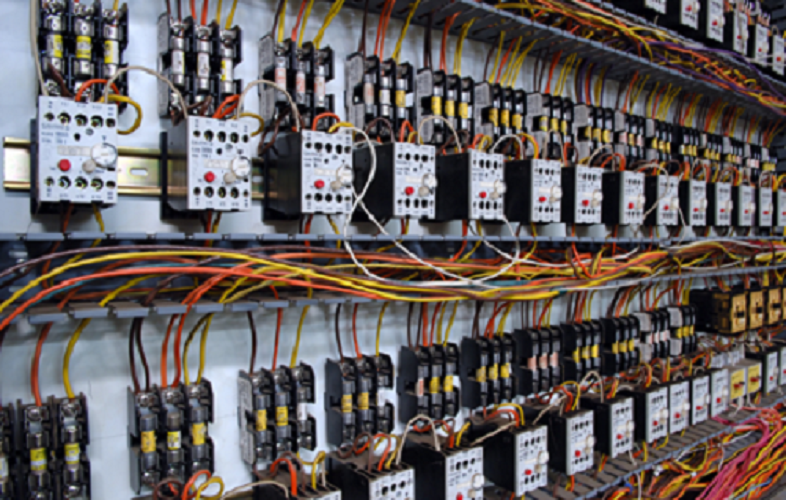Office
#49,6th Main Road 3rd Phase, Behind UCO Bank Peenya Industrial Area,
Bangalore , karnataka
india (560058)

Contact : +919448515139
Electrical maintenance is a crucial aspect of ensuring the safety, reliability, and efficiency of your electrical system. Whether for residential, commercial, or industrial properties, regular electrical maintenance helps prevent hazards, reduce downtime, and extend the lifespan of electrical equipment. Here’s a comprehensive overview of why electrical maintenance is essential and how it contributes to the overall well-being of your electrical infrastructure.
Electrical systems are complex networks that require regular upkeep to function optimally. Without routine maintenance, electrical components can degrade, leading to potential safety risks, such as electrical fires or electrocution. Regular maintenance helps identify and address issues before they escalate, ensuring the safety of occupants and the integrity of the property.
Enhanced Safety: Regular inspections and maintenance reduce the risk of electrical fires and shocks. Faulty wiring, overloaded circuits, and malfunctioning equipment are common causes of electrical hazards. Timely maintenance can prevent these issues, safeguarding both people and property.
Increased Efficiency: Well-maintained electrical systems operate more efficiently. This leads to lower energy consumption and reduced utility bills. Maintenance tasks, such as cleaning and tightening connections, can enhance system performance and energy efficiency.
Extended Equipment Lifespan: Proper maintenance can extend the life of electrical equipment. Regularly servicing components such as circuit breakers, transformers, and wiring helps prevent premature wear and tear, ensuring that equipment functions reliably over the long term.
Reduced Downtime: In commercial and industrial settings, electrical failures can lead to costly downtime. Preventive maintenance helps minimize the risk of unexpected breakdowns, ensuring continuous operations and reducing financial losses.
Inspection: Regular inspections of electrical systems identify potential issues such as loose connections, frayed wires, and signs of wear. Professional electricians use diagnostic tools to assess the condition of wiring, panels, and other components.
Testing: Electrical testing involves checking the performance and safety of electrical systems. This includes testing circuit breakers, grounding systems, and insulation resistance. Testing helps ensure that all components are functioning correctly and safely.
Cleaning: Dust and debris can accumulate on electrical components, leading to overheating and reduced efficiency. Cleaning electrical panels, outlets, and other equipment helps maintain optimal performance and prevent potential hazards.
Lubrication: Moving parts, such as fans and motors, require lubrication to operate smoothly. Regular lubrication prevents excessive wear and tear, reducing the risk of equipment failure.
Upgrades: As technology evolves, electrical systems may need upgrades to meet current standards and efficiency requirements. Upgrading components such as circuit breakers, outlets, and lighting fixtures can enhance safety and performance.
Selecting a reliable electrical maintenance service provider is essential for ensuring the quality and effectiveness of maintenance work. Look for a company with experienced and licensed electricians who use advanced tools and techniques. Check for reviews and references to gauge the provider’s reputation and customer satisfaction.
Electrical maintenance is an investment in the safety, efficiency, and longevity of your electrical system. By prioritizing regular inspections, testing, cleaning, and upgrades, you can prevent potential hazards, reduce operational costs, and ensure that your electrical infrastructure remains in top condition. Whether for your home or business, proactive electrical maintenance is key to a safe and reliable electrical system.